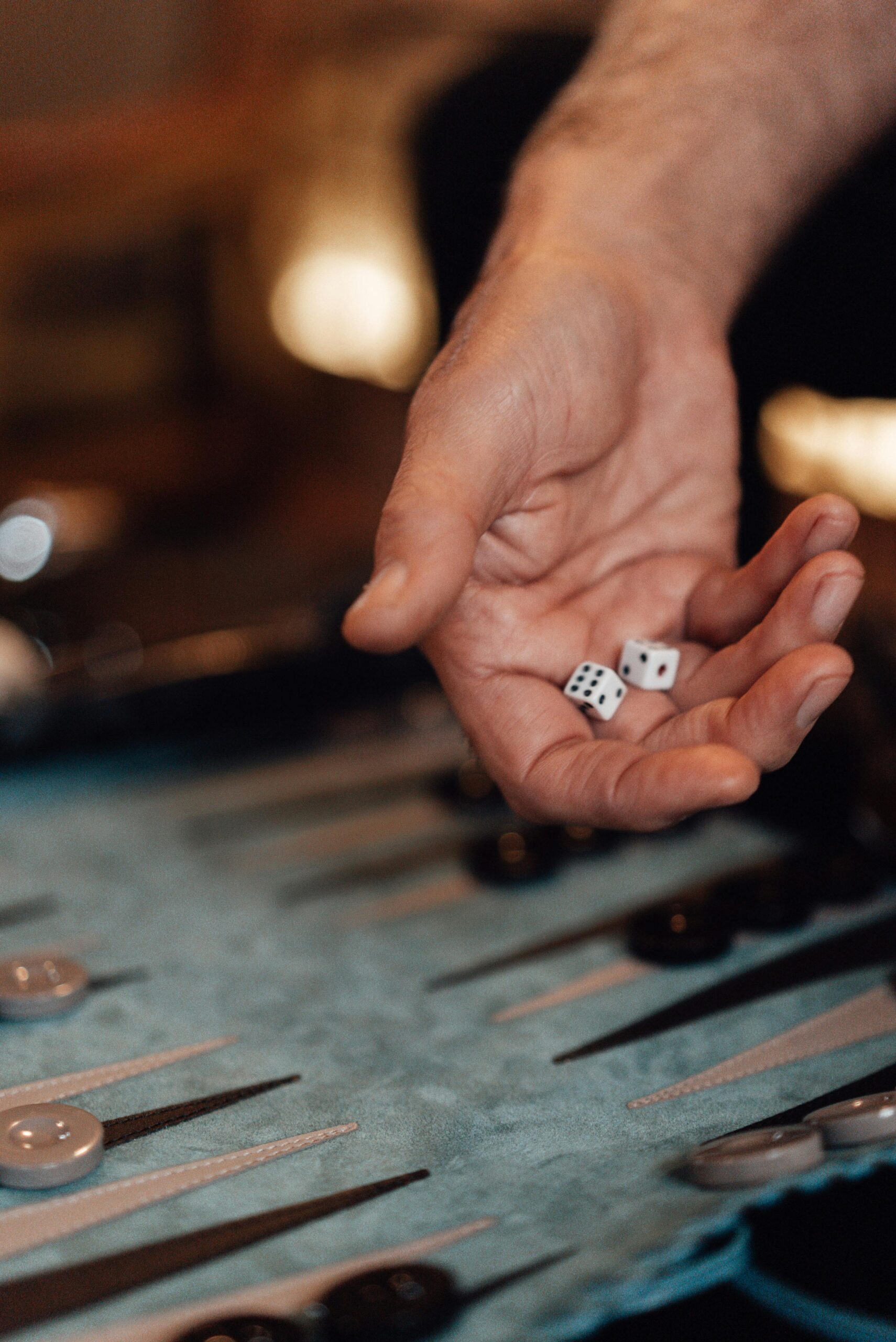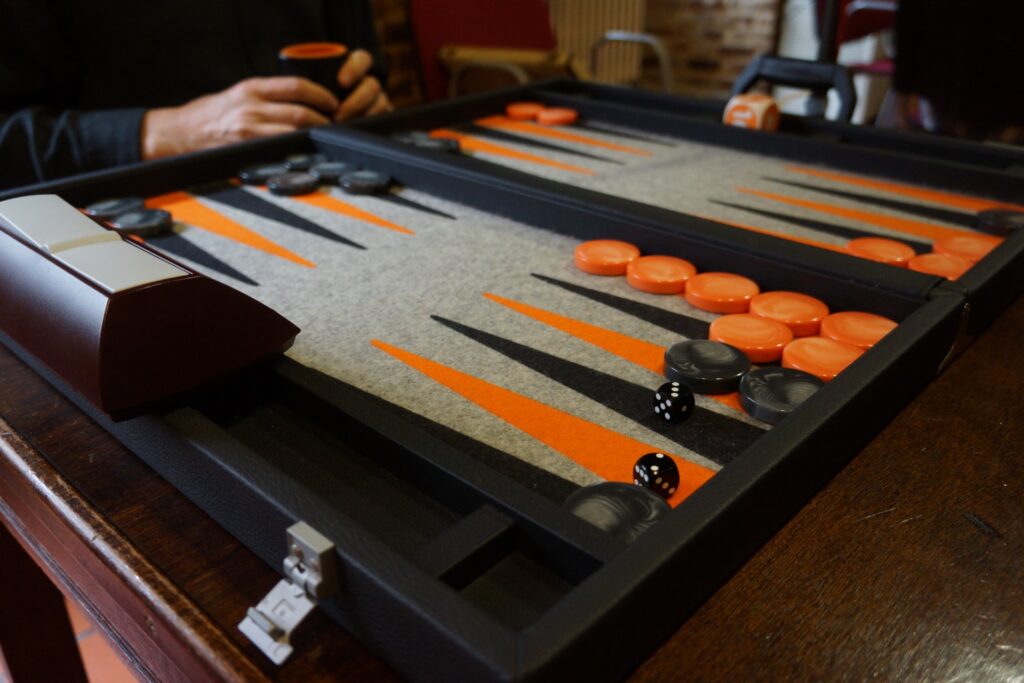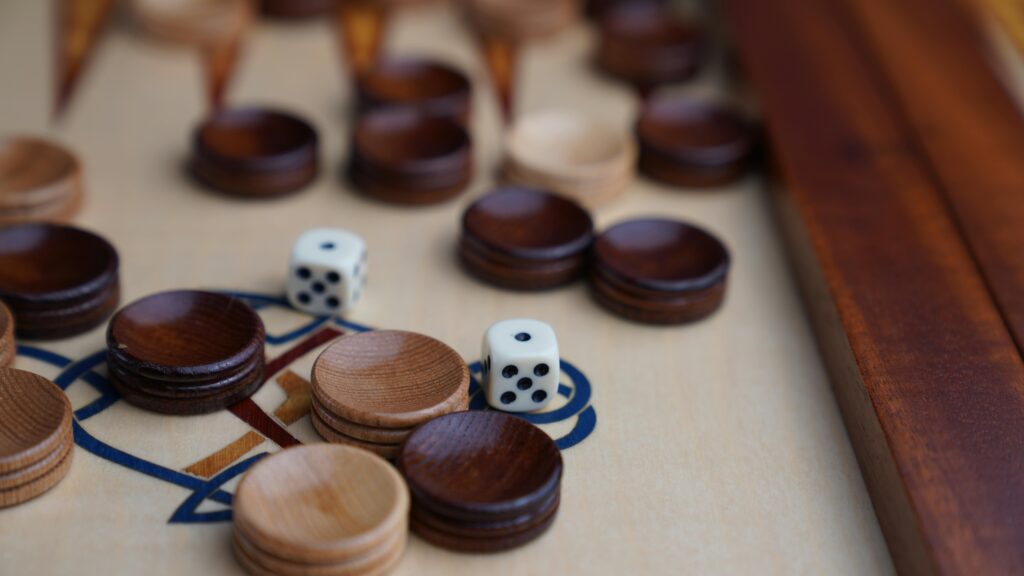
Renewal Membership 2026
Dear backgammon players, To become a member of BGFed.be, the Belgian backgammon federation, or to renew your current membership for 2026: Please fill in the…
Pandemonium in ‘le Roseau’
Dec 12 Read the full article here….
Why has the BGFed Fee been raised?
BGFed Fee Update 2025: Why the Increase From €20 to €35? Read the full article here….
Join the Belgian team in WBGF Team Championship 2026
In 2026, the World Team Championship will take place in Mercure Earls Hotel,London, UK– from August 24 till 30 as part of the…
New Kid in Town…..
My phone rang. The number wasn’t recognized.I didn’t really feel like answering—last time I picked up an unknown number, an Indian sounding guy…
Perspectives Day 2025 / annual BgFed meeting
Nov 23 , Boom, Belgium — Report Perspectives Day 2025 On Sunday 23/11/2025 perspectives day was organised by BGFed.be at the Premises of Ethnicraft…



